New garden, no pollinators
humble5zone9atx
last year
Featured Answer
Sort by:Oldest
Comments (13)
gardengal48 (PNW Z8/9)
last yearhumble5zone9atx
last yearRelated Professionals
Beavercreek Landscape Architects & Landscape Designers · Oconomowoc Landscape Architects & Landscape Designers · Garden City Landscape Architects & Landscape Designers · Allentown Landscape Contractors · Americus Landscape Contractors · Chelmsford Landscape Contractors · Cornelius Landscape Contractors · Dallas Landscape Contractors · Fairhope Landscape Contractors · Galt Landscape Contractors · Kahului Landscape Contractors · Paramus Landscape Contractors · View Park-Windsor Hills Landscape Contractors · Wickliffe Landscape Contractors · Chesapeake Ranch Estates Stone, Pavers & Concretegardengal48 (PNW Z8/9)
last yearhumble5zone9atx
last yeargardengal48 (PNW Z8/9)
last yearrhizo_1 (North AL) zone 7
last yearlast modified: last yearhumble5zone9atx
last yearhumble5zone9atx
last yearhumble5zone9atx
last yearfloral_uk z.8/9 SW UK
last yearlast modified: last yearFori
last year
Related Stories
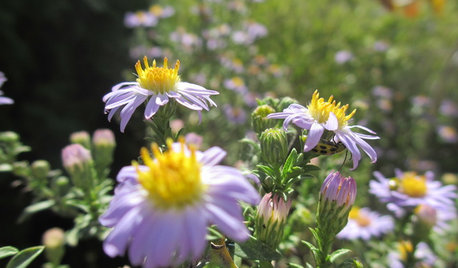
NATIVE PLANTSPlant These Fall-Flowering Natives in Early Summer for Pollinator Love
These 3 groups of plants will support masses of beneficial insects come autumn
Full Story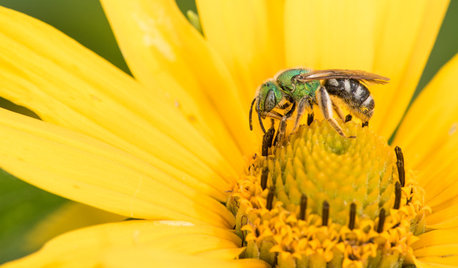
GARDENING GUIDESGreat Design Plant: Heliopsis Helianthoides, a Pollinator Favorite
Plant smooth oxeye in eastern U.S. gardens for its bright, sunny flowers and upright form
Full Story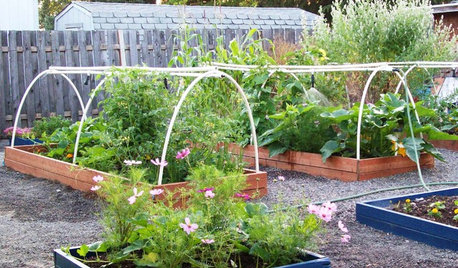
BENEFICIAL INSECTSAttract Pollinators for a Productive Edible Garden
You can lure bees, butterflies and birds into your yard with the right flowers and nesting spots
Full Story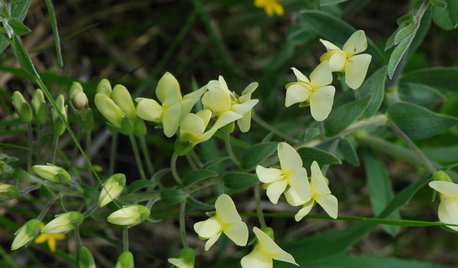
FLOWERS AND PLANTSPlant Baptisia Bracteata for Blooms Pollinators Will Love
Longbract wild indigo is great in dry soil, and its spring flowers attract butterflies and bumblebees
Full Story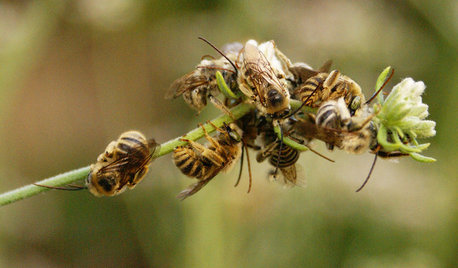
GARDENING GUIDESGreat Design Plant: California Buckwheat Pleases Pollinators
Beneficial insects go wild for this drought-tolerant plant’s summer flowers, while seed heads feed critters foraging in the cold
Full Story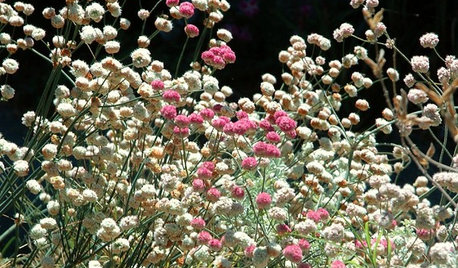
GARDENING GUIDESGreat Design Plant: Eriogonum Nudum, a Summer Oasis for Pollinators
Naked buckwheat is a bee and butterfly magnet with an easy nature, a tough constitution and profuse pom-pom flowers in summer
Full Story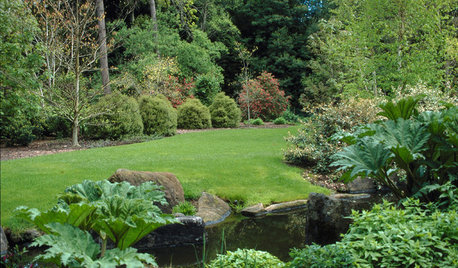
GARDENING GUIDESYou Don't Need Prairie to Help Pollinators
Woodlands, marshes, deserts — pollinators are everywhere
Full Story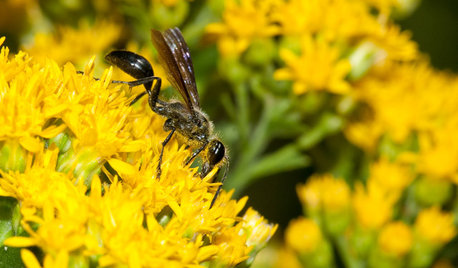
GARDENING GUIDESMeet the Grass-Carrying Wasp, a Gentle Pollinator of Summer Flowers
These fascinating insects nest in wood cavities and hollow plant stems
Full Story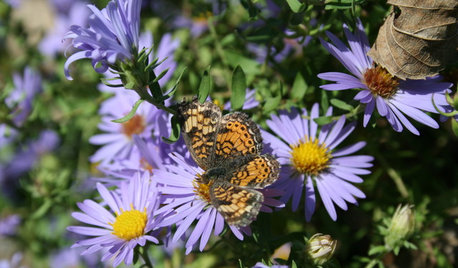
GARDENING GUIDESGreat Design Plant: Smooth Aster, the Wonder Pollinator
An insect nirvana with lovely near-blue petals, this low-maintenance aster strives to please
Full Story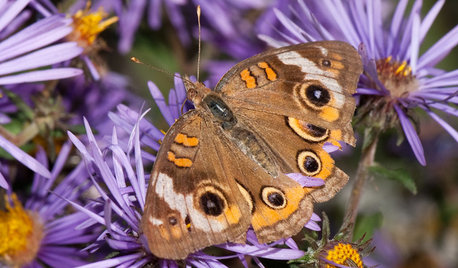
FALL GARDENINGGreat Design Plant: Symphyotrichum Novae-Angliae Ushers in Fall
With bold purple flowers easily accessible to pollinators, New England aster offers loads of interest in the autumn garden
Full Story





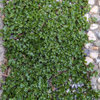
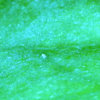
floral_uk z.8/9 SW UK